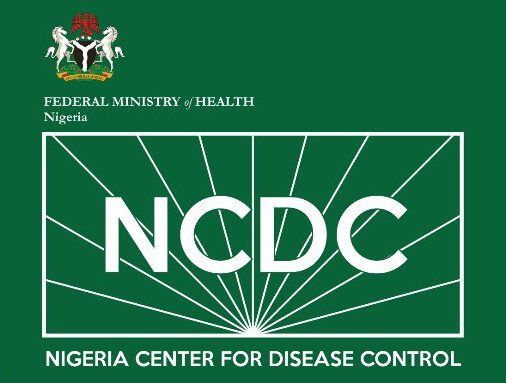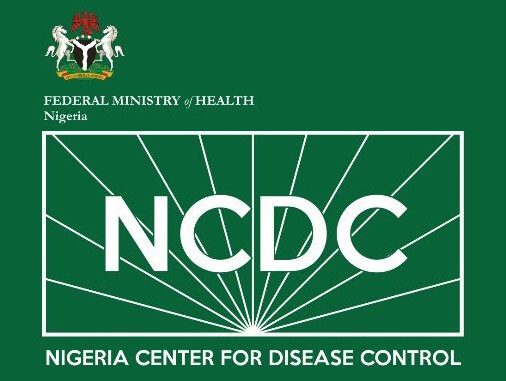

The Nigeria Centre for Disease Control and Prevention has issued a travel advisory, urging Nigerians to avoid all non-essential trips to countries with confirmed cases of the Ebola Virus Disease.
This advisory comes in the wake of an Ebola outbreak in Uganda, confirmed by the Ugandan Ministry of Health on January 30, 2025.
The outbreak, caused by the Sudan strain of the virus, has been reported in Wakiso, Mukono, and Mbale City in Mbale District, with one confirmed case and one death verified through a post-mortem examination.
Despite the World Health Organization’s stance against imposing travel or trade restrictions to Uganda, the NCDC has opted for a more cautious approach.
In a statement released on Sunday, the Director-General of the NCDC, Dr. Jide Idris, confirmed that 44 contacts are currently under surveillance in Uganda.
He assured that Nigeria is closely monitoring both regional and global developments concerning the outbreak.
“While Uganda has demonstrated considerable experience in managing Ebola outbreaks, it is critical for Nigerians to exercise heightened caution. Necessary response measures are already underway in the affected regions,” Dr. Idris stated.
The NCDC advised individuals already in Nigeria who have recently traveled to or transited through countries with confirmed Ebola cases within the last 21 days to be vigilant for symptoms such as fever, muscle pain, sore throat, diarrhea, vomiting, weakness, stomach pain, and unexplained bleeding or bruising.
Dr. Idris outlined the following steps for individuals experiencing any of these symptom
“Call the NCDC emergency hotline at *6232* or contact the nearest State Ministry of Health hotline for prompt assessment and testing.
“Remain in place to prevent potential spread, avoiding public or private transportation until health officials arrive.
“ Await designated health responders for assessment and possible transfer to specialized treatment facilities if necessary.”
Reiterating the agency’s commitment to public health safety, Dr. Idris said, “The NCDC is intensifying surveillance efforts nationwide, particularly at borders and airports, to detect potential cases early.
Health workers are being alerted to maintain a high level of suspicion, while laboratory capacities are being enhanced for rapid diagnostic testing.”
He further noted that the NCDC is working in coordination with the WHO and the African Regional Health Authorities to monitor developments and share critical updates.
“In addition to Ebola, we continue to manage outbreaks of other diseases such as Lassa fever, meningitis, diphtheria, mpox, measles, and anthrax across various communities. Regular updates will be provided as the situation evolves,” Dr. Idris assured.
The NCDC also issued specific guidelines for healthcare professionals, emphasizing the importance of early detection and strict infection control protocols.
“Healthcare workers should maintain a high index of suspicion when attending to patients with Ebola-like symptoms. Suspected or confirmed cases must be isolated immediately,” Dr. Idris advised.
He urged medical personnel to adhere to strict infection prevention and control (IPC) measures, including the proper use of personal protective equipment (PPE) such as face masks, gloves, and protective gowns.
“Suspected cases should be reported without delay to the NCDC or the relevant State Ministry of Health to trigger an appropriate and timely response,” the statement concluded.
The NCDC continues to monitor the situation closely and urges the public to remain vigilant, adhere to health guidelines, and report any suspicious symptoms promptly.
.png)








 English (US)
English (US)